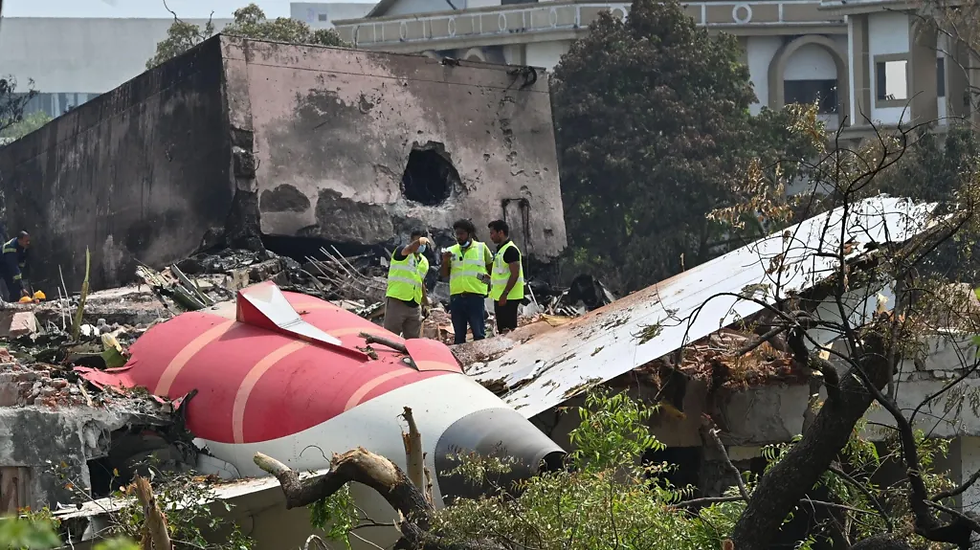Hadisur Rahman, JadeTimes Staff
H. Rahman is a Jadetimes news reporter covering Asia

India’s Supreme Court has sharply criticized the country’s aviation authorities for their handling of the investigation into the Air India plane crash that killed 260 people in June, leaving just one survivor.
The flight, a Boeing Dreamliner traveling from Ahmedabad to London Gatwick, crashed shortly after takeoff, killing 241 of the 242 passengers on board and 19 people on the ground. The court said it was “irresponsible” for the Directorate General of Civil Aviation (DGCA) to allow suggestions through media leaks that pilot error caused the tragedy.
The judges also condemned the “selective and piecemeal” release of information from the preliminary report issued by the Aircraft Accident Investigation Bureau (AAIB) in July. That report indicated that fuel supply to the aircraft’s engines had been cut off within seconds of takeoff. A cockpit voice recording captured one pilot asking, “why did he cut off,” with another responding that he did not. The exchange, however, did not clarify who made the remarks.
The findings have been challenged by the Safety Matters Foundation, an aviation watchdog petitioning for an independent inquiry. During the hearing, one Supreme Court justice said suggestions that the pilots deliberately cut off fuel were “very unfortunate and irresponsible.” The court has requested Prime Minister Narendra Modi’s response before making its ruling on the petition.
The disaster has reignited debate over air safety in India. In July, the DGCA defended the country’s record, insisting “India’s skies have always been safe.” Yet its own audit uncovered 51 safety violations at Air India in the previous year.
Families of four victims have also filed lawsuits in the United States against Boeing and Honeywell, accusing the companies of negligence and claiming they ignored design flaws linked to the crash. Both companies have yet to comment on the allegations.
As legal battles mount and grieving families demand accountability, the Supreme Court’s rebuke highlights growing concerns about transparency and trust in India’s aviation oversight. The final outcome of the case could have lasting consequences for both regulators and the aviation industry at large.


